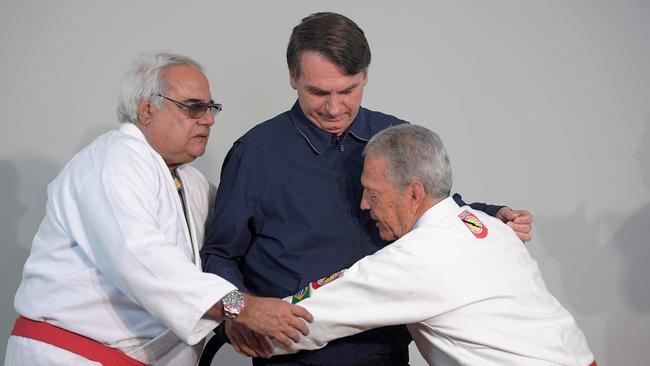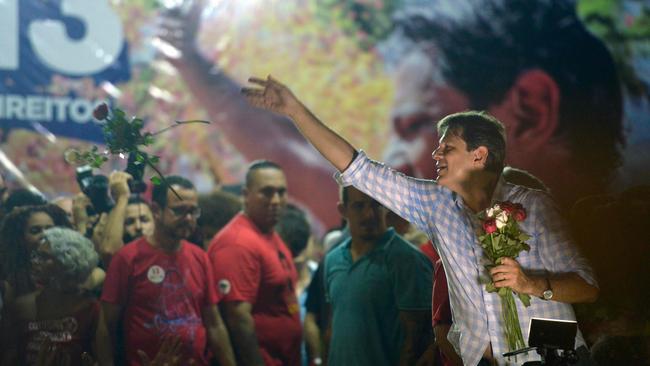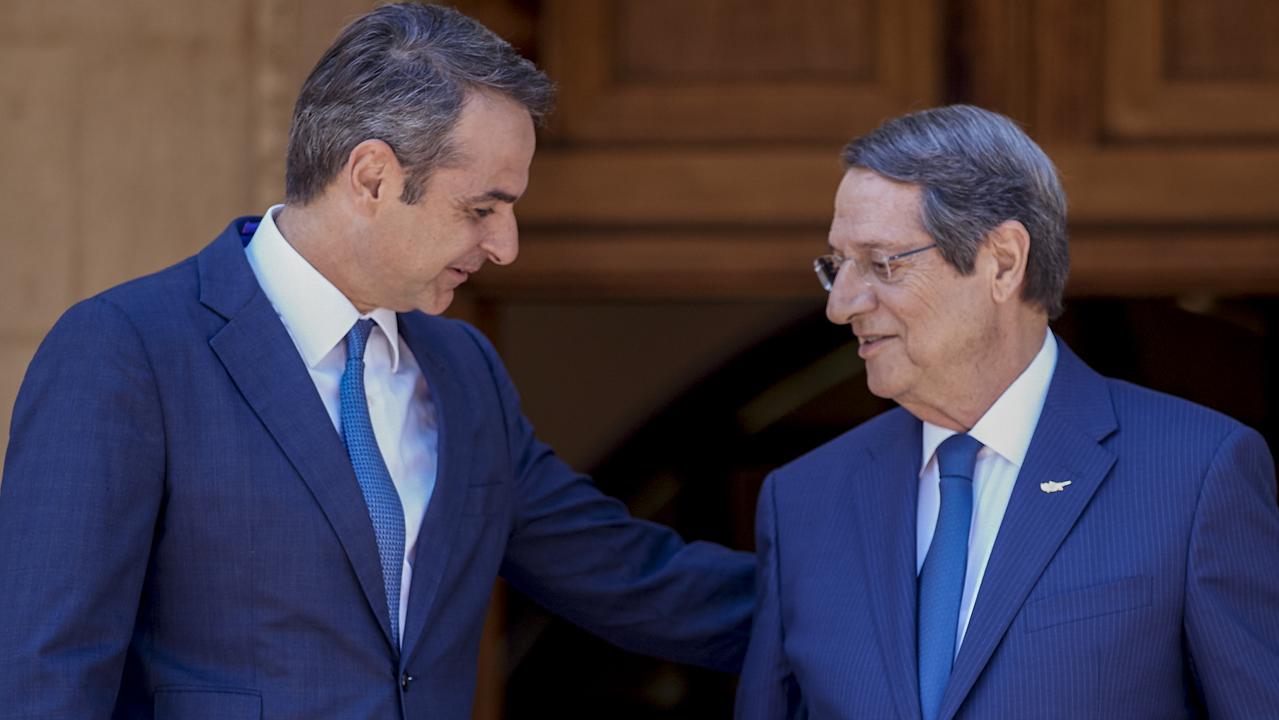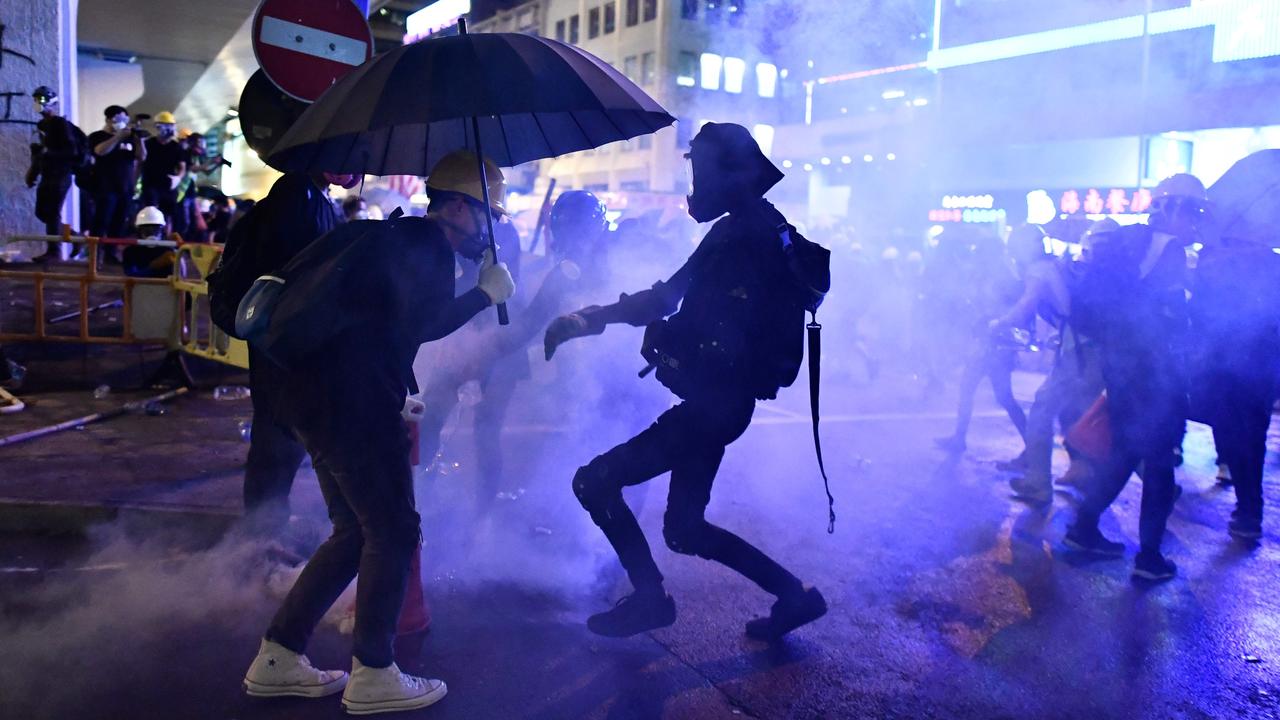Organs of democracy will need to challenge Brazil’s likely leader Jair Bolsonaro

Brazilians face an awful choice. One candidate in the presidential run-off tomorrow is Jair Bolsonaro, a seven-term congressman who venerates dictators and guns, goads police to kill suspects, threatens to banish opponents and belittles women, blacks and gays.
His rival is Fernando Haddad, the nominee of the leftist Workers’ Party (PT). Its 13 years in power ended in 2016 with a self-inflicted depression and revelations the party encouraged bribery on an unprecedented scale. Dilma Rousseff, a PT president, was impeached in 2016 for hiding the size of the budget deficit. Crime continued to rise after she left office. Nearly 64,000 people were murdered last year, a record number. Brazilians are enraged. They look poised to elect Bolsonaro, a populist with authoritarian instincts, as their president.
That such a man will probably lead Latin America’s largest country is a tragedy. If it happens, it will be because the political class has failed the people. Some of the corruption was orchestrated by the PT, but almost all parties took part in it. Today’s crime and economic stagnation are a consequence of an indebted state that is at once too big and too feeble to provide adequate policing, education and other public services. Nearly all politicians share the blame.
Bolsonaro’s probable election will pose a new challenge: ensuring a president with autocratic impulses does not subvert Brazil’s democracy. It is critical that politicians of all ideologies rise to the occasion. But they cannot forget about the old problems. If Bolsonaro puts forward good ideas for fixing the economy and controlling corruption, he should get help.
Brazil is a relatively young democracy; dictatorial rule ended in 1985. But it is not a weak one. Although Brazilians view congress as a corruption-ridden collection of rent-a-parties, it is not a rubber stamp. It has impeached two presidents in the democratic era and can provide a vital check on Bolsonaro. The judiciary has shown its independence over the past four years through the Car Wash investigations. These have implicated scores of politicians and led to the jailing of the PT’s leader, Luiz Inacio Lula da Silva, a former president. The press is already challenging Bolsonaro, which is why, like Donald Trump, he accuses it of spreading fake news.

Such institutions can thwart some of Bolsonaro’s worst plans. He wants the police to have carte blanche to kill. But the main police forces are under the authority of the 27 states. Their governors must reject his trigger-happy philosophy. Congress can stop him from carrying out his threat to stack the supreme court. Bolsonaro’s proposal to withdraw from the Paris climate agreement and his eagerness to promote development in the Amazon, where rates of deforestation appear to be rising, should alarm the world. Congress and activist groups can stand in his way.
Not all Bolsonaro’s ideas are bad. He has shown more interest than the PT in solving Brazil’s main economic problems. If he is serious about reforming the pension system, which threatens Brazil’s financial stability, and eliminating useless rules, congress should co-operate.
The worst effects of a Bolsonaro presidency may be hardest to contain. Already he has damaged Brazil’s democratic culture by praising the former dictatorship, choosing as his running-mate a retired general who has justified coups under some circumstances, and insinuating political opponents are enemies of the state. He probably does not intend to be a dictator. But his corrosive rhetoric may make Brazilians more receptive to autocracy in the future. To confront that, Brazil needs an opposition that defends democratic norms and an army determined to remain scrupulously apolitical.
In their despair, Brazilians are about to reject a discredited party in favour of a political adventurer with repellent ideas. That is unlikely to turn out well. Legislators, judges, journalists and civil servants will have to work hard to limit the damage.


